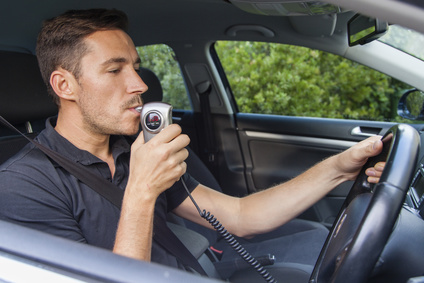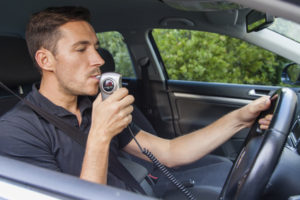
 Common law intoxication, it’s called Vehicle and Traffic Law 1192.3, but that doesn’t matter to you. Today most cases involving DWI criminal charges involve a chemical test reading, but what happens if there’s no chemical test reading? Does that mean you can’t be prosecuted? Clearly not. Before computers, before the Internet, before Instagram, there was no chemical test. Have you ever been to a party or a social event and you say, “Gee, that person’s really loaded?” That’s common law intoxication. It’s defined by law in New York State incapable of operating your motor vehicle as any other sober, reasonable, prudent person would do so.
Common law intoxication, it’s called Vehicle and Traffic Law 1192.3, but that doesn’t matter to you. Today most cases involving DWI criminal charges involve a chemical test reading, but what happens if there’s no chemical test reading? Does that mean you can’t be prosecuted? Clearly not. Before computers, before the Internet, before Instagram, there was no chemical test. Have you ever been to a party or a social event and you say, “Gee, that person’s really loaded?” That’s common law intoxication. It’s defined by law in New York State incapable of operating your motor vehicle as any other sober, reasonable, prudent person would do so.
How do they prove that? They look at what is called the classic indicia or indications of intoxication. Unsteady on your feet, slurred speech, your motor coordination, you stumble, you sway, you’re not thinking clearly, you smell of alcohol, there’s alcohol in your breath, your eyes are bloodshot, you have difficulty thinking clearly. There are also field sobriety tests that can be performed to prove your intoxication, but you do have the right to refuse them. Those are all signs of common law intoxication, and they’re used circumstantially to prove that you’re a drunk or intoxicated, but the legal definition requires much more, and only an experienced DWI New York attorney would know that. The legal definition is incapable of driving your car as anyone else would be. Incapable is a very high standard. It doesn’t mean that you’re a little off; it means you couldn’t drive your car. That is what they have to prove to prove you guilty.
If you are in need of legal counsel in New York State, please feel free to contact Grunwald & Seman, P.C. and we would be happy to assist you.
